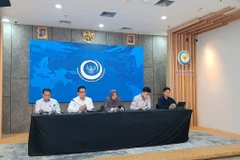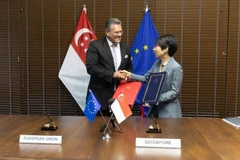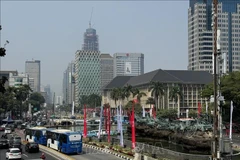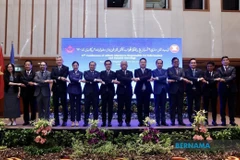Kuala Lumpur (VNA) – Malaysia has officially unveiled its National Cybersecurity Strategy for the 2025–2030 period, aiming to strengthen cyber defence capabilities, enhance national resilience, and effectively respond to the growing range of cybersecurity threats.
Kaspersky’s general manager for Southeast Asia Yeo Siang Tiong outlined four key pillars designed to strengthen national cyber defence: building resilience, not just to withstand attacks but to recover from them; immunity, where we advocate our concept of ‘cyber immunity’; awareness, which remains essential; And Intelligence, focusing on countering cyber threats, including those from organised crime groups targeting critical infrastructure, government, and the supply chain.
Yeo said the strategies have been carefully designed to strengthen the nation’s cyber defence system and underscore the country’s firm commitment to building a secure and trustworthy cyberspace.
He commended Malaysia’s current cybersecurity capabilities, noting that the country now ranks among the top in ASEAN in terms of cybersecurity readiness. He cited the Cyber Security Act 2024 as a clear milestone in Malaysia’s progress. The legislation identifies key industries requiring protection and establishes a comprehensive regulatory framework for national cybersecurity.
Malaysia currently boasts a highly qualified cybersecurity workforce, comprising a large number of experts and researchers. The country has made notable progress in raising public awareness through outreach programmes led by CyberSecurity Malaysia and the National Cyber Security Agency (NACSA), Yeo said.
Yeo also highlighted Malaysia’s proactive role as the 2025 ASEAN Chair, noting the country’s efforts to promote regional cybersecurity cooperation. Malaysia is taking the lead in implementing the ASEAN Digital Economy Framework Agreement (DEFA), where cybersecurity is a core foundational pillar.
Cybercrime knows no boundaries, and DEFA enables Malaysia to coordinate with other ASEAN member states to effectively address cybersecurity threats across the region, he stressed./.




























